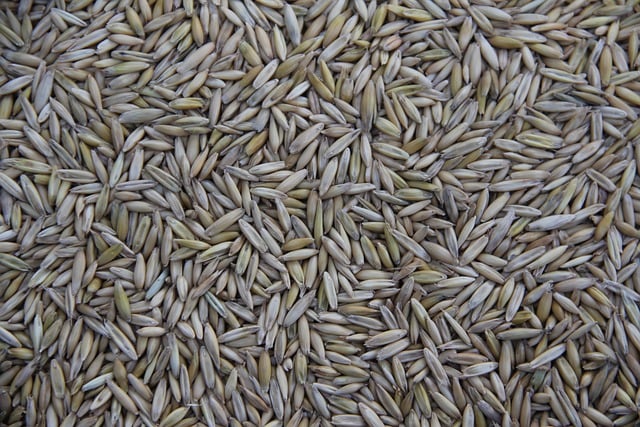This article aims to delve into the world of pet nutrition, specifically focusing on grain-free pet food. As a concerned pet owner, you might have come across this dietary trend and wonder if it’s truly beneficial for your furry friend. In this article, we will explore the benefits of grain-free pet food, discuss its potential risks, and provide valuable insights into making an informed decision for your pet’s health.
Grain-free pet food has gained popularity in recent years due to the increasing awareness about common allergens and sensitivities in traditional pet foods. Proponents of this diet claim that removing grains can alleviate digestive issues, improve skin health, and even reduce the risk of chronic diseases. However, it’s essential to separate fact from fiction and examine the scientific evidence supporting this trend.
The benefits of grain-free pet food can be attributed to several key factors:
- Reduced carbohydrate intake: Traditional pet foods often rely heavily on grains as a primary source of carbohydrates. By removing these sources, grain-free diets tend to have lower carb content, which may help regulate blood sugar levels and promote weight loss.
- Improved protein quality: Grain-free pet food often features higher-quality protein sources like chicken, salmon, or lamb. These proteins are typically rich in essential amino acids, which can aid in muscle growth and maintenance.
- Increased nutrient density: Grain-free diets tend to have a more balanced nutrient profile due to the exclusion of grains. This may lead to improved overall health and reduced risk of deficiencies.
- Reduced food sensitivities: For pets with grain allergies or sensitivities, switching to a grain-free diet can significantly improve their digestive health and reduce symptoms like itching, sneezing, and skin issues.
In addition to these benefits, some pet owners claim that grain-free diets have helped alleviate other health issues, such as:
1. Joint pain and inflammation: Some proponents of grain-free diets believe that the removal of grains can reduce joint pain and inflammation due to the elimination of pro-inflammatory compounds like arachidonic acid.
2. Improved skin health: Grain-free pet food is often recommended for pets with skin issues, such as eczema or acne, as it may help regulate the gut-skin axis and improve overall skin health.
3. Reduced risk of chronic diseases: Some studies suggest that grain-free diets may reduce the risk of chronic diseases like cancer, diabetes, and heart disease in pets. However, more research is needed to confirm these findings.
However, it’s essential to note that grain-free pet food can also have potential risks and drawbacks, such as:
- Higher cost: Grain-free diets tend to be more expensive than traditional pet foods due to the use of higher-quality protein sources and novel ingredients.
- Risk of nutrient deficiencies: If not balanced properly, grain-free diets can lead to nutrient deficiencies, particularly in fiber, vitamins, and minerals.
- Increased risk of DCM: Some studies have linked grain-free diets to an increased risk of dilated cardiomyopathy (DCM) in dogs. However, more research is needed to confirm this association.
To make an informed decision about your pet’s diet, consider the following steps:
1. Consult with your veterinarian: Discuss your pet’s health history, lifestyle, and dietary needs with your veterinarian to determine if a grain-free diet is suitable.
2. Research reputable brands: Look for pet food brands that use high-quality protein sources, whole ingredients, and balanced nutrient profiles.
3. Read labels carefully: Be aware of the ingredients and nutritional content of your pet’s food, paying attention to amounts and ratios of protein, fat, carbohydrates, and fiber.
While grain-free pet food can be a beneficial option for some pets, it’s crucial to remember that every pet is unique, and what works for one may not work for another. Always consult with your veterinarian before making any significant changes to your pet’s diet.
My Pet Health offers a wealth of information on pet nutrition and health, including articles on common allergies and sensitivities in pets.
Pet Health Network provides expert advice on maintaining your pet’s overall health and wellness, including topics like obesity prevention and senior care.
Promoting Digital Literacy in the Family emphasizes the importance of technology-free time with your pets to foster a deeper bond and improve their overall well-being.
Fostering Creativity and Exploration Beyond Screens highlights the value of engaging in activities that promote creativity, exploration, and play with your pets to strengthen your bond and enhance their mental health.
By taking the time to understand the benefits and potential risks of grain-free pet food, you can make an informed decision about your furry friend’s diet and provide them with the best possible care for a happy and healthy life.

